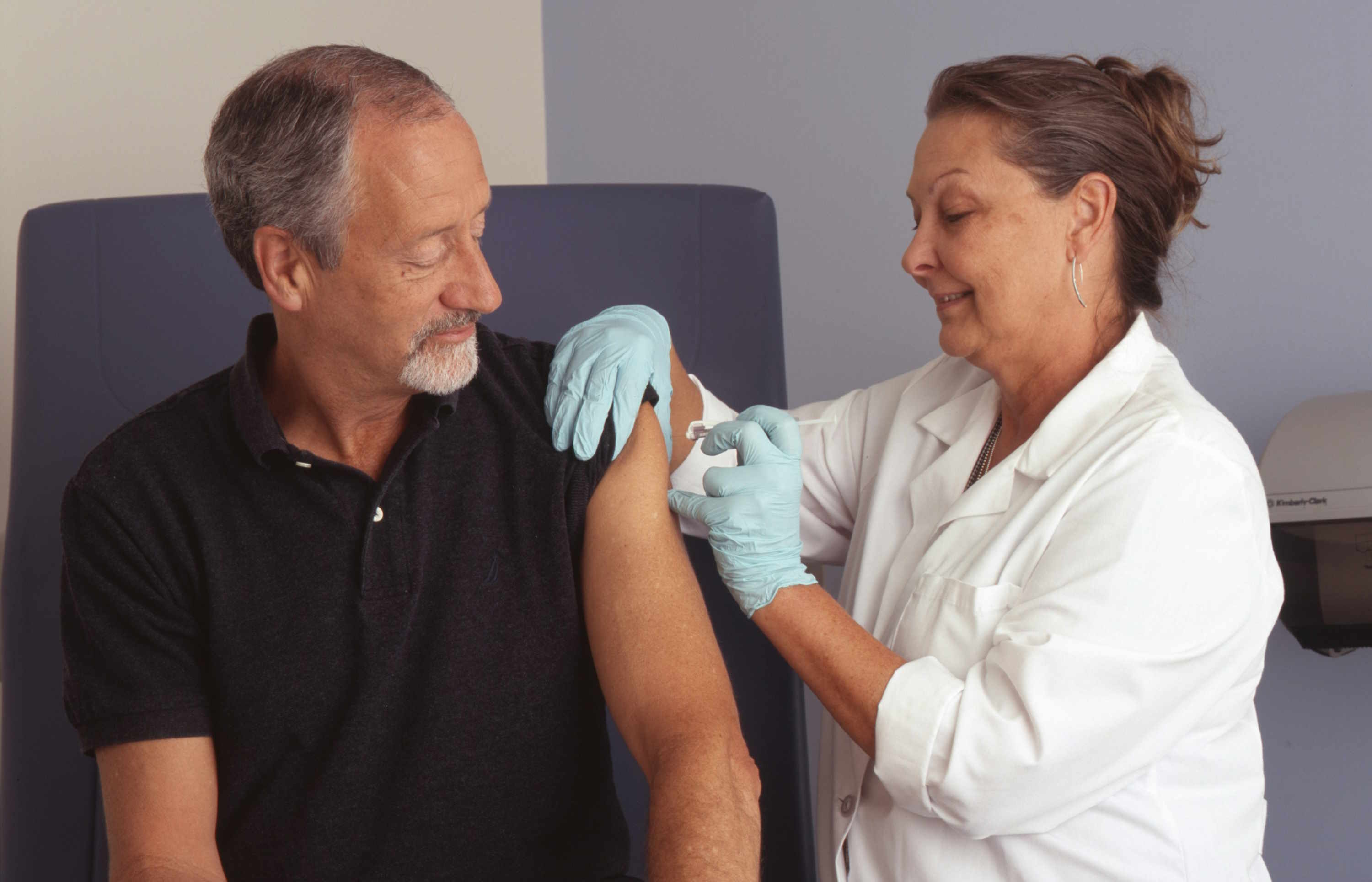Is Your Heart at Risk? Discover the 5 Signs of Congestive Heart Failure Today
Every heartbeat counts, and when it comes to your heart health, awareness is crucial. Congestive heart failure (CHF) is a serious condition that can sneak up on you, often with subtle signs that are easily overlooked. If you want to protect your heart and ensure a longer, healthier life, it’s essential to recognize these warning signs before they escalate into a crisis. Are you ready to uncover the five telltale signals of congestive heart failure?

What is Congestive Heart Failure and Are You at Risk?
Congestive heart failure occurs when your heart muscle becomes too weak or stiff to pump blood effectively throughout your body. This doesn’t mean your heart stops working entirely, but rather that it can’t meet your body’s demands for oxygen-rich blood. The condition affects over 6 million Americans, with approximately 670,000 new cases diagnosed annually. Age, family history, high blood pressure, diabetes, coronary artery disease, and obesity significantly increase your risk of developing CHF.
How Does Shortness of Breath Signal Heart Problems?
One of the most common 5 Signs of Congestive Heart Failure is persistent shortness of breath, particularly during activities that previously didn’t cause breathing difficulties. You might notice you’re winded after climbing stairs, walking short distances, or even lying flat in bed. This occurs because fluid builds up in your lungs when your heart can’t pump efficiently, making it harder for oxygen to reach your bloodstream. Many people initially dismiss this symptom as being out of shape or getting older, but progressive breathlessness warrants immediate medical attention.
Why Do Your Feet and Legs Swell with Heart Failure?
Swelling in your feet, ankles, and legs, medically known as peripheral edema, is another key indicator among the 5 Signs of Congestive Heart Failure. When your heart struggles to pump blood effectively, fluid accumulates in your body’s tissues, particularly in the lower extremities due to gravity. You might notice your shoes feel tighter, socks leave deep indentations, or your legs feel heavy and uncomfortable. This swelling often worsens throughout the day and may be accompanied by rapid weight gain from fluid retention.
Can Persistent Fatigue Indicate Heart Problems?
Chronic fatigue and weakness that interfere with daily activities can signal heart failure. When your heart can’t pump blood efficiently, your muscles and organs don’t receive adequate oxygen and nutrients, leaving you feeling exhausted even after minimal exertion. This isn’t ordinary tiredness from a busy day – it’s a profound lack of energy that rest doesn’t resolve. Many patients describe feeling like they’re moving through thick syrup or struggling to complete simple tasks they once handled easily.
What Makes Heart Failure Treatment Unique in America?
Heart failure treatment in the United States involves a comprehensive, multi-disciplinary approach that combines cutting-edge medical technology with personalized care plans. American healthcare providers utilize advanced diagnostic tools like echocardiograms, cardiac MRI, and specialized blood tests to accurately assess heart function. Treatment typically includes ACE inhibitors, beta-blockers, and diuretics, with newer medications like SGLT2 inhibitors showing promising results. Additionally, many medical centers across the country offer cardiac rehabilitation programs, heart transplant services, and innovative procedures like cardiac resynchronization therapy (CRT) and left ventricular assist devices (LVADs).
How Much Does Heart Failure Treatment Cost in America?
The financial aspect of heart failure treatment varies significantly depending on the severity of your condition, insurance coverage, and chosen healthcare provider. Understanding these costs can help you make informed decisions about your care and financial planning for this chronic condition.
| Treatment Type | Provider Examples | Estimated Annual Cost |
|---|---|---|
| Basic Medication Management | Primary Care Physicians, Cardiologists | $3,000 - $8,000 |
| Specialized Heart Failure Clinics | Mayo Clinic, Cleveland Clinic, Johns Hopkins | $15,000 - $25,000 |
| Advanced Procedures (CRT/ICD) | Major Medical Centers | $50,000 - $100,000 |
| Heart Transplant | Specialized Transplant Centers | $1,000,000 - $1,500,000 |
Prices, rates, or cost estimates mentioned in this article are based on the latest available information but may change over time. Independent research is advised before making financial decisions.
When Should You Seek Emergency Care for These Symptoms?
If you experience sudden, severe shortness of breath, chest pain, rapid or irregular heartbeat, fainting, or severe weakness alongside any of the 5 Signs of Congestive Heart Failure, seek immediate emergency medical care. Don’t wait to see if symptoms improve on their own. Early intervention in heart failure treatment can significantly improve outcomes and quality of life. Additionally, if you notice a combination of these warning signs developing gradually, schedule an appointment with your healthcare provider promptly rather than waiting for your next routine visit.
Recognizing these five critical signs of congestive heart failure could save your life or the life of someone you love. While heart failure is a serious condition, early detection and proper heart failure treatment can help you maintain an active, fulfilling life for years to come. Stay vigilant about your heart health, listen to your body’s signals, and never hesitate to consult healthcare professionals when concerns arise.
This article is for informational purposes only and should not be considered medical advice. Please consult a qualified healthcare professional for personalized guidance and treatment.




